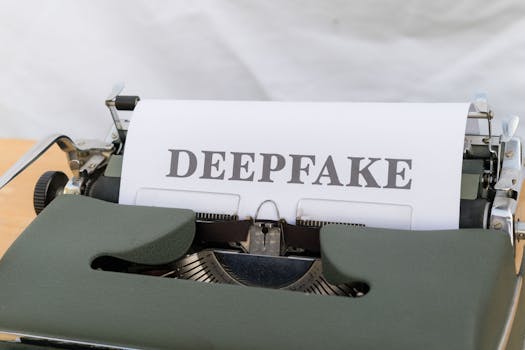Gambling in Literature: A Mirror of the Human Condition
Gambling, a leitmotif rich with metaphorical significance, has been woven through the fabric of literature for centuries. Exploring themes of fate, risk, and morality, gambling in literature offers a profound reflection on the human condition. This article delves into how gambling is portrayed in literary works, highlighting its role as both a plot device and a symbol of deeper life truths.
The Role of Gambling in Classic Literature
In classic literature, gambling often serves as a critical element that reveals character flaws, societal critiques, or moral lessons. One of the most vivid examples is Fyodor Dostoevsky's "The Gambler," where the protagonist's addiction to roulette serves as a metaphor for the human struggle against fate and the irrational forces that drive us. The narrative delves deep into the psychology of addiction, illustrating how gambling can dominate one's life and decision-making process.
Similarly, "The Lottery" by Shirley Jackson, although not about gambling in the traditional sense, uses the randomness of a lottery draw to expose the dark underbelly of a rural American community. This story critiques blind adherence to tradition and how fate, determined by mere chance, can lead to devastating consequences.
Gambling Symbolism in Modern Literature
Modern literature continues to use gambling to symbolize various aspects of the human psyche and societal issues. For instance, Ian Fleming’s James Bond series often portrays gambling scenes as a reflection of the cold war tensions, depicting high-stakes games as battles of wits and wills. Here, the gambling table becomes a field where geopolitical strategies are executed, and risks are taken not just with money, but with national security.
In a more psychological context, Paul Auster's "The Music of Chance" explores themes of randomness and control. The protagonist's journey through a poker game that leads to unexpected existential situations serves as a narrative on how humans deal with the elements of chance and choice in their lives.
Comparative Analysis: The Diverse Impacts of Literary Gambling
Advantages:
- Enhanced Narrative Depth: Gambling scenes often increase the suspense and tension in the narrative, making the story more engaging for readers.
- Symbolic Meanings: By incorporating gambling, authors can explore complex themes such as fate vs. free will, addiction, and morality without overtly didactic tones.
- Character Development: Characters' reactions to gambling outcomes can reveal their true nature or development over time.
Disadvantages:
- Potential to Glamorize Gambling: There is a risk that depicting gambling in literature may glamorize such behavior, potentially influencing susceptible readers.
- Complex Symbolism Can Confuse Readers: The metaphorical use of gambling can sometimes be too obscure, leading to confusion rather than clarity in the narrative.
Practical Examples in Educational Contexts
Educators and literary critics often use gambling-themed literature as a tool to teach about literary devices such as symbolism and themes. For example, Dostoevsky's "The Gambler" is frequently discussed in literary courses to explore psychological realism and tragic flaws. These discussions can help students understand the broader socio-cultural and psychological implications of gambling beyond its surface-level thrill.
Conclusion: Reflecting on Gambling in Literature
Gambling in literature serves as a multifaceted symbol that reflects various aspects of the human condition. It exposes readers to the complexities of human desires, the perils of excess, and the stark realities of dependency and loss. As we delve into these literary works, we are prompted to question not just the characters' choices, but also the role of chance in our own lives.
Whether used as a plot mechanism or a thematic symbol, gambling remains a powerful element in storytelling. For readers and scholars alike, exploring this motif can provide deeper insights into both the text and human nature. If you are intrigued by the interplay of chance and choice, consider exploring more literary works where gambling plays a pivotal role. This journey might not only enhance your appreciation of literature but also offer a mirror to reflect on your personal and societal values.

.png)



